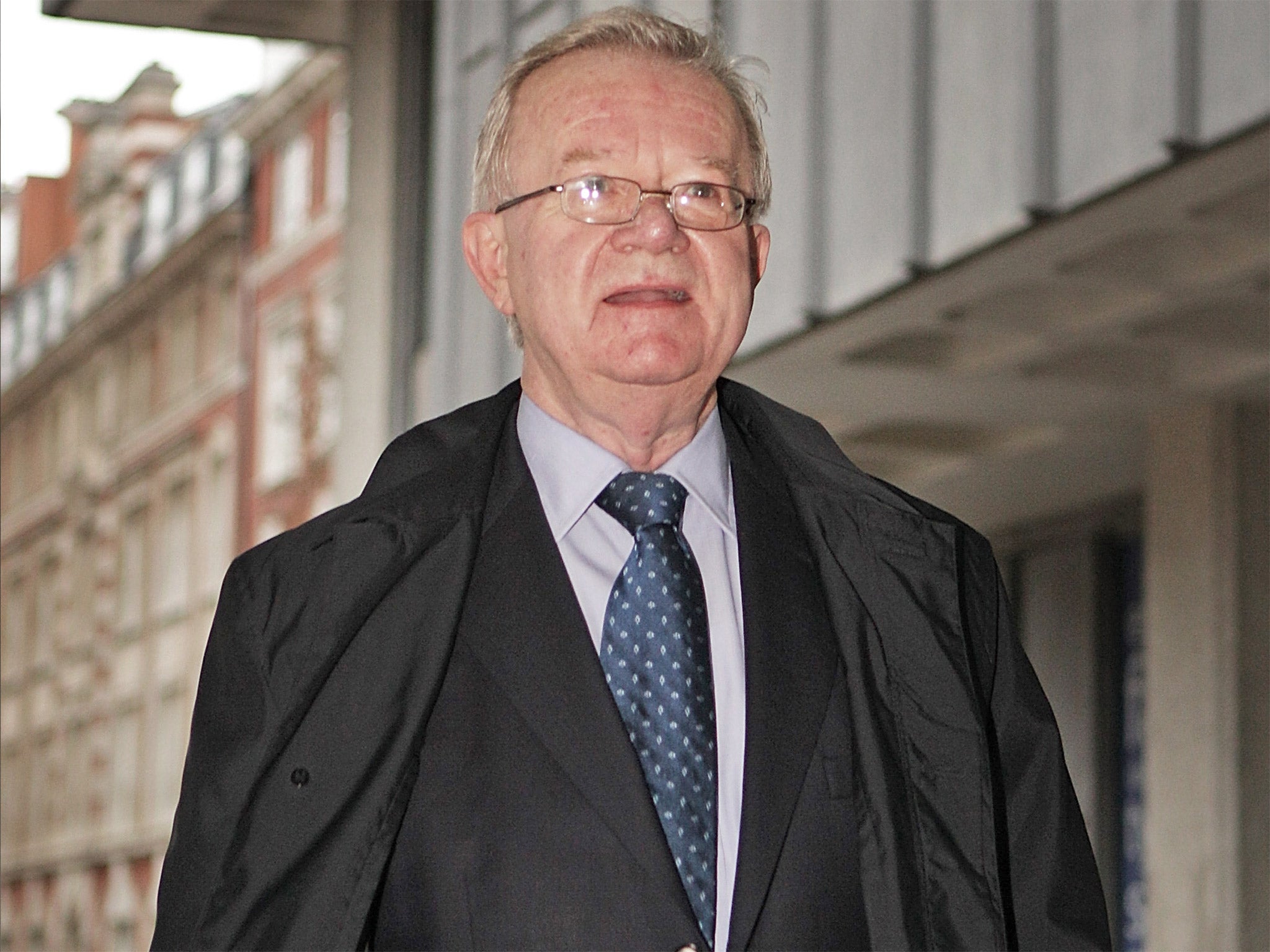Chilcot Inquiry: Sir John expected to be examined in court after failing to provide publication date
Deadline given by families to produce report has expired

Your support helps us to tell the story
From reproductive rights to climate change to Big Tech, The Independent is on the ground when the story is developing. Whether it's investigating the financials of Elon Musk's pro-Trump PAC or producing our latest documentary, 'The A Word', which shines a light on the American women fighting for reproductive rights, we know how important it is to parse out the facts from the messaging.
At such a critical moment in US history, we need reporters on the ground. Your donation allows us to keep sending journalists to speak to both sides of the story.
The Independent is trusted by Americans across the entire political spectrum. And unlike many other quality news outlets, we choose not to lock Americans out of our reporting and analysis with paywalls. We believe quality journalism should be available to everyone, paid for by those who can afford it.
Your support makes all the difference.Sir John Chilcot’s management of the Iraq Inquiry faces being examined in a court of law after he failed to provide British families of military personnel killed in the 2003 war with a clear and immediate publication date.
Demands for a judicial review in the High Court are now expected to be lodged by lawyers representing the families. If granted, there would be an examination of how key witnesses have been allowed an allegedly excessive amount of time to put their side of critical conclusions reached by the inquiry.
The families, angry at year-on-year delays for the £10 million inquiry report, warned Sir John on August 13 that he had a fortnight to announce a delivery date.
Sir John issued a formal statement today - the day the deadline expired - which expressed his understanding of the “anguish of families of those who lost their lives in the conflict”. He repeated assurances that when the response process – known as Maxwellisation - was complete, “the Prime Minister, and thus Parliament and the public” will then be provided with “ a timetable for the publication of our work. “
Although sending a private letter to the families, which claimed to have answered concerns they have raised, Sir John did not bow to demands to fast-track the end of Maxwellisation process. He also gave no date for publication.
Sir John denied those criticised had been given an open-ended timescale, adding there had been no special negotiations, and that response process was essential to the fairness, accuracy and completeness of his report.
He confirmed a report in The Independent last week based on conversations with inquiry sources, that government documents not been submitted to the inquiry during its early stages, had opened up “new issues”.
However his assurance the last Maxwellisation letters are expected to be returned to the inquiry “shortly”, falls well short of the firm guarantee the families wanted.
Lawyers representing the families believe Sir John’s handling of the inquiry was “unlawful”. They are likely to argue that he misapplied the inquiry’s own legal rules, claiming witnesses should have been given only one, not multiple opportunities to reply to criticism.
Sir John’s formal statement comes after weeks of sustained media attacks on the inquiry panel.
They have been pilloried as work-shy retirees, largely incapable of delivering an authoritative report.
Last week The Independent reported that sources close to the inquiry were angry at the panel being called “bumbling incompetents”, calling the attacks, much of it alleged to have come from within the Whitehall establishment, as “nasty hachet jobs” intended to discredit the inquiry.
Sources claimed that with Maxwellisation letters now circulating within governmental legal circles, any early forecast that Chilcot would go easy on political and military individuals and institutions, had now vanished.
A spokeswoman for the inquiry last night confirmed that no timetable had been set by Sir John, and that this would only happen when the inquiry panel had completed the task given to them in 2009 by the then prime minister, Gordon Brown.
Sir John’s statement said the mandate set by Mr Brown was without precedent, and that the final report would be “rigourous, accurate and firmly based on evidence we have assembled.”
He repeated assurances that inquiry panel - comprising the military historian, Sir Lawrence Freedman, Sir Roderic Lyne, the former UK ambassador in Moscow, and Baroness Prashar, a member of the Joint Committee on Human Rights – were “independent and impartial”. One of the panel, the historian Sir Martin Gilbert, died earlier this year.
Lawyers representing the families said they expected to make a formal response in due course.
Subscribe to Independent Premium to bookmark this article
Want to bookmark your favourite articles and stories to read or reference later? Start your Independent Premium subscription today.
Join our commenting forum
Join thought-provoking conversations, follow other Independent readers and see their replies
Comments